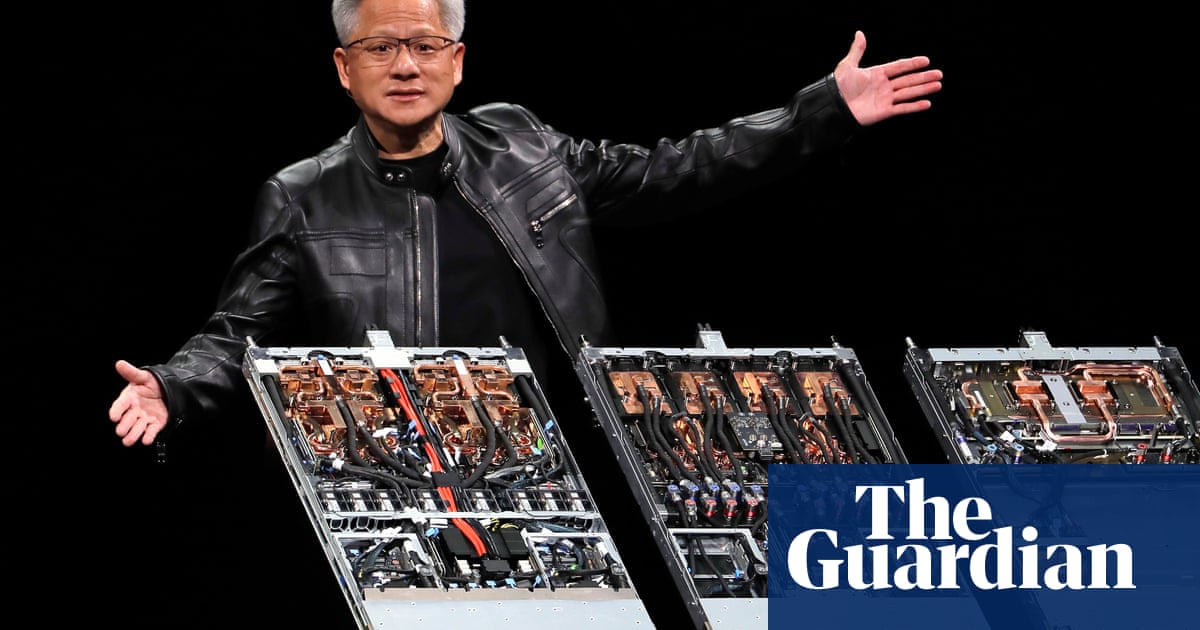Nvidia Secures Approval to Export AI Chips to China: A Major Shift in Tech Trade Relations
In a significant turn of events, Jensen Huang, CEO of Nvidia, announced that the chipmaker has received authorized approval from the Trump administration to sell its advanced chips for artificial intelligence (AI) development to China. This news marks a pivotal moment in the ongoing narrative of technological trade between the U.S. and China, two global tech superpowers often at odds.
A Milestone Announcement
During a press conference in Beijing, Huang shared the exciting news with reporters, stating, "Today, I’m announcing that the US government has approved for us filing licenses to start shipping H20s.” This statement came shortly after a blog post from Nvidia confirming that the U.S. government assured them of the licenses necessary for shipping. It’s a hopeful sign for Nvidia, which aims to start deliveries soon, responding to the high demand from Chinese buyers eager to acquire these cutting-edge semiconductors.
The Context of Innovation in China
Huang took his message a step further during an interview with China’s state-run CGTN network, where he expressed admiration for China’s dynamic and innovative business landscape. “It’s so innovative and dynamic here in China that it’s really important that American companies are able to compete and serve the market.” He pointed out that approximately half of the world’s AI researchers are located in China, highlighting the nation’s critical role in the global AI ecosystem.
High-Level Diplomacy
The announcement follows Huang’s recent meetings with Donald Trump and other U.S. policymakers. Currently in Beijing for a supply chain conference, Huang has been engaging with Chinese officials, including Ren Hongbin, who leads the China Council for Promotion of International Trade. This convergence reflects the delicate balance between maintaining partnerships and navigating complex trade regulations.
Nvidia’s Economic Boom
Nvidia has seen remarkable success amidst the rapid adoption of AI technologies, achieving a market value that recently surpassed $4 trillion. This feat underscores its pivotal role in the tech industry, especially as the demand for advanced computing powers continues to soar. However, this success is tempered by the looming trade tensions that have affected the supply and demand aspects of the semiconductor market.
The Strained U.S.-China Trade Relationship
Over the past few years, Washington has tightened controls on advanced technology exports to China, often citing national security concerns. There has been a fear that technologies designed for civilian use could be misappropriated for military applications. The emergence of China’s own AI technologies, such as the DeepSeek AI chatbot launched earlier this year, has reignited these concerns, further complicating the trade dynamics.
Shifts in Policy Under Different Administrations
The shifting landscape of export regulations began to take shape under the Biden administration, which introduced a new framework for exporting advanced computer chips aimed at balancing security concerns with economic interests. However, earlier this year, the Trump administration imposed restrictions on the sale of Nvidia’s H20 chips and AMD’s MI308 chips to China. Huang voiced concerns that these tighter controls would cost Nvidia upwards of $5.5 billion, emphasizing the need for a more favorable trading climate.
Industry Perspectives on Export Controls
In recent dialogues, industry leaders have expressed that strict export controls not only inhibit competition but also risk pushing other countries into aligning with Chinese AI technologies. These leaders argue that safeguarding U.S. interests should go hand-in-hand with promoting free market competition, especially in sectors driving global technological innovation.
Conclusion
As Nvidia navigates this intricate landscape of trade policies, the implications of these developments will resonate across the tech industry and beyond. Companies and governments alike will be closely monitoring how this approval plays out in both the short and long term, not just for Nvidia but for the broader U.S.-China tech rivalry.


